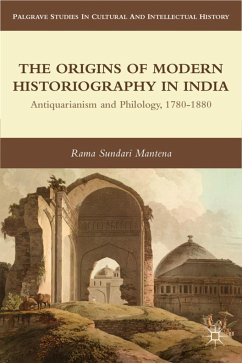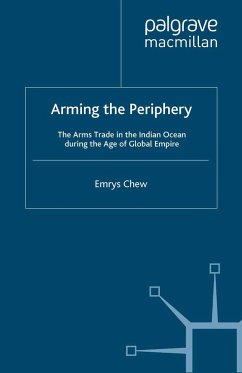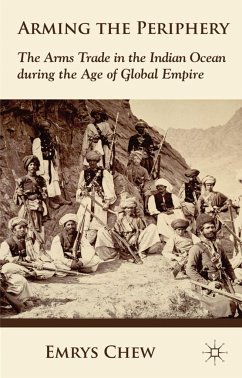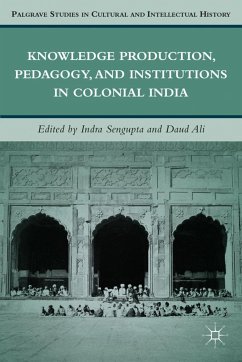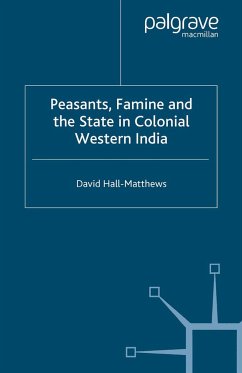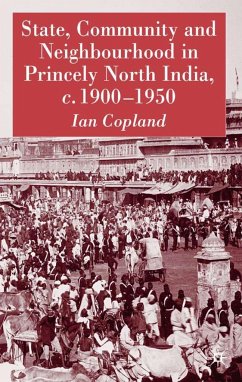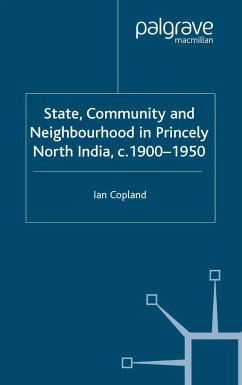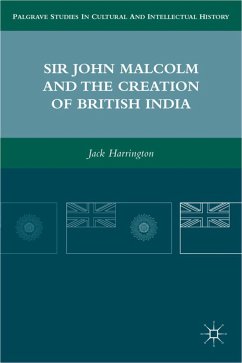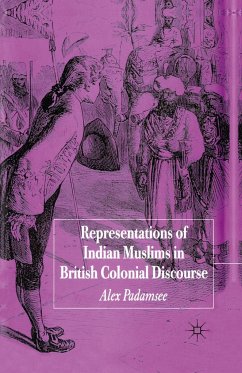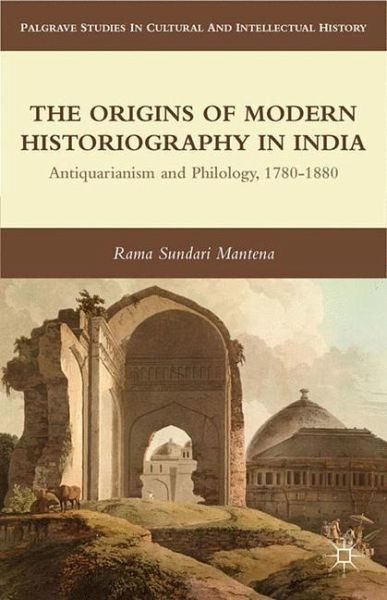
The Origins of Modern Historiography in India
Antiquarianism and Philology, 1780-1880
Versandkostenfrei!
Versandfertig in 6-10 Tagen
38,99 €
inkl. MwSt.
Weitere Ausgaben:

PAYBACK Punkte
19 °P sammeln!
This book uncovers practices surrounding acts of collecting, surveying, and antiquarianism during British colonial rule in India. By examining these practices, this book traces the colonial conditions of the production of 'sources,' the forging of a new historical method, and the ascendance of positivist historiography in nineteenth-century India.





